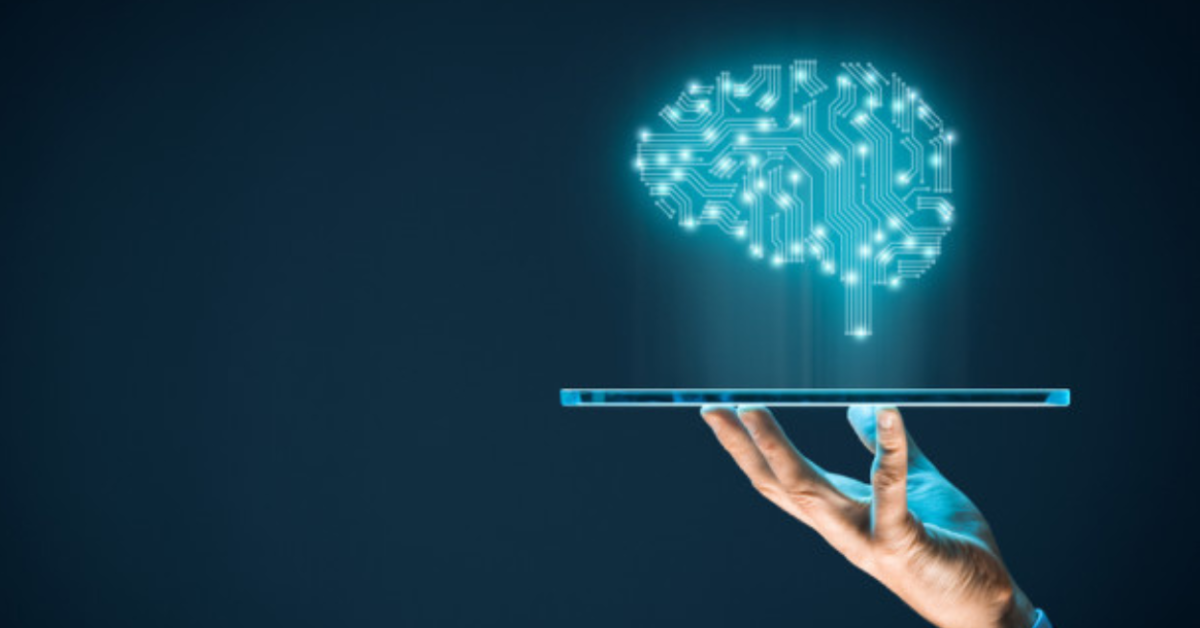
Jazz and Women in Tech: A Match Made in Heaven
January 23, 2023
The Best of Both Worlds: EasyPaisa’s Newly Launched Debit Card
January 25, 2023AI and its Impact on Digitalization: Is it taking away jobs?
In the years and decades to come, artificial intelligence (AI), a genuinely ground-breaking achievement of computer science, will be a fundamental part of all contemporary software. If you believe the dire predictions in the headlines nowadays, you might believe automation and the use of AI-enabled systems at work will likely eliminate a large number of employment globally. But this coin has two sides: a threat and a chance.
What exactly is AI?
Now that AI is taking over the world, it is important we know what it actually is. Artificial Intelligence (AI) is the simulation of human intelligence in machines that are programmed to think and learn like humans. These machines can be trained to perform a variety of tasks, such as recognizing speech, understanding natural language, making decisions, and solving problems. AI can be classified into several types, including rule-based systems, decision tree-based systems, and machine learning-based systems.
AI and How It Is Contributing to Digitalization:
One of the key technologies in the digital transition that is assisting organizations in growing is artificial intelligence. In fact, the most recent Research and Market reports predict that by 2025, AI will have an annual growth at the rate of 52%, indicating that it will be quickly adopted by organizations around the world. To name, national security, healthcare, logistics, and education are just a few of the industries that are now utilizing AI.
In the run toward digitalization, Artificial Intelligence (AI) has played a significant role by contributing to the automation of many tasks that were previously done by humans. Some of the key areas where AI has contributed to digitalization include:
- Automation of repetitive tasks: AI-powered machines and software can automate repetitive tasks, such as data entry, customer service, and invoice processing, which can save time and reduce errors.
- Predictive analytics: AI can be used to analyze large amounts of data and make predictions about future trends, which can help businesses make more informed decisions.
- Machine learning: AI can be used to train machines to learn from data and improve performance over time, which can lead to more accurate predictions, better decision-making, and more efficient processes.
- Image and speech recognition: AI can be used to process and understand images and speech, which can be used to automate tasks such as image labeling, speech transcription, and voice-controlled interfaces.
- Robotics: AI can be used to control robots, which can be used to automate tasks such as manufacturing, logistics, and delivery.
- Natural Language Processing: AI can be used to understand and respond to human language, which can be used to automate tasks such as customer service and content generation.
Is AI a threat to already existing jobs?
AI is not the same as factory automation or robots. 1.7 million manufacturing jobs have been lost since 2000 as a result of robots and automation technologies. In contrast, it is expected that by 2025, AI would generate 97 million new employments across the globe. This shows, as much as AI is taking over the jobs of individuals in various sectors and stepping toward digitalization, it is also creating more and more opportunities for those who are on a look.
It is to be noted that, some jobs will continue to be replaced by AI. Workers should anticipate hiring disruptions as a result of AI in a variety of areas, including healthcare, agriculture, and industrial sectors. But it is expected that AI will increase the need for professionals, particularly in the fields of robotics and software engineering.
However, writing employment, social work, criminal defense law, teaching, and educating engineers for artificial intelligence are some of the sectors that will continue to depend on human labor. In the future, these fields might still benefit from the development of AI, but robots and AI can’t mimic the empathy and social intelligence that these fields demand.
AI has the potential to augment, rather than replace, human workers. It can assist human workers by providing them with valuable insights and helping them to make more informed decisions, which can increase productivity and job satisfaction. However, AI is and will never be a job killer.
In summary, it’s likely that AI will have both positive and negative effects on the job market, but the key is to ensure that workers are provided with the necessary skills and training to adapt to the changing job market.






